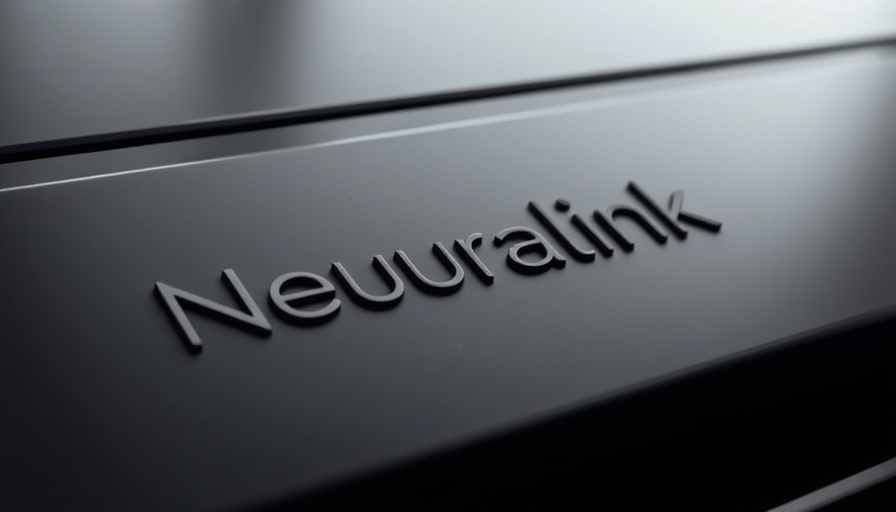
Elon Musk's Vision: Trademarking Telepathy in Technology
Neuralink, co-founded by Elon Musk, is making headlines once again with its latest move: filing trademark applications for the names Telepathy and Telekinesis. This strategic action hints at a future where individuals can communicate not just with computers, but potentially with each other using thoughts alone.
Navigating Mind-Control: Understanding Neuralink’s Ambitions
The trademark application, submitted to the United States Patent and Trademark Office (USPTO), underscores Neuralink's ongoing commitment to pioneering brain-computer interfaces (BCIs) that decode brain activity for controlling devices. Musk has envisioned that Telepathy, Neuralink's primary offering, will enable those with paralysis to control devices purely through thought.
While the immediate goal is to facilitate easier communication for those with physical limitations, the broader implications of potentially harnessing telepathy among users raises significant questions. As trademark attorney Josh Gerben states, the specifications can offer insights into what Neuralink intends, whether it's merely assisting in communication or enabling direct thought exchanges between users.
Transforming Communication: More Than A Concept
For people like Noland Arbaugh, who received a Neuralink implant as part of a feasibility study, the invention isn't just about sleek technology—it's about regaining autonomy. Having lost the ability to use his arms and legs due to a spinal cord injury, Noland is now navigating a new reality where he can control a computer using the Link implant, engaging with the digital world as he once did. He describes the experience as liberating: "It has helped me reconnect with the world, my friends, and my family. It's given me the ability to do things on my own again."
From Health Applications to Consumer Market: The Future of Telepathy
This newly filed trademark isn't just a speculative legal maneuver—it's indicative of Neuralink's intentions to commercialize its technology in the near future. With significant advancements already made, including successful human trials, Neuralink is poised to redefine how individuals interact with technology, potentially making spoken language and physical input devices obsolete in the years to come.
Ethical Considerations: What’s at Stake?
However, the potential for telepathic communication isn't without its risks. The ability to transmit thoughts raises profound ethical concerns about privacy. As outlined in discussions surrounding Neuralink, there are pressing questions to consider: How will thoughts be protected from potential interception? Could this technology compromise personal privacy in ways we cannot yet fully comprehend? Such concerns will be critical as neural communication technologies are developed and regulated.
Telepathy in Practice: Empowering Independence
Real-world applications of Telepathy are already underway as users participate in various studies. For instance, participants like Alex and Brad have shared transformative experiences that highlight the potential benefits of restored independence. Alex, who was paralyzed after an accident, is now designing 3D objects using CAD software. Brad has gained the ability to communicate more freely, enjoying outings with his family that were previously impossible.
Final Thoughts: Embracing the Future of Mind-Machine Interfaces
While the full realization of telepathic communication is still a few years away, Neuralink's trademark application signals an exciting yet cautious journey into a future where technology and human thoughts meld seamlessly. The medical benefits, especially for individuals with paralysis, are profound, but the societal implications require deep consideration as we venture forth.
Stay informed about future developments in brain-computer interfaces and consider the ways these innovations could affect not just technology, but society as a whole. Thought-controlled devices may soon redefine what it means to communicate.
 Add Row
Add Row  Add
Add 




Write A Comment